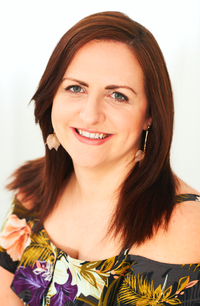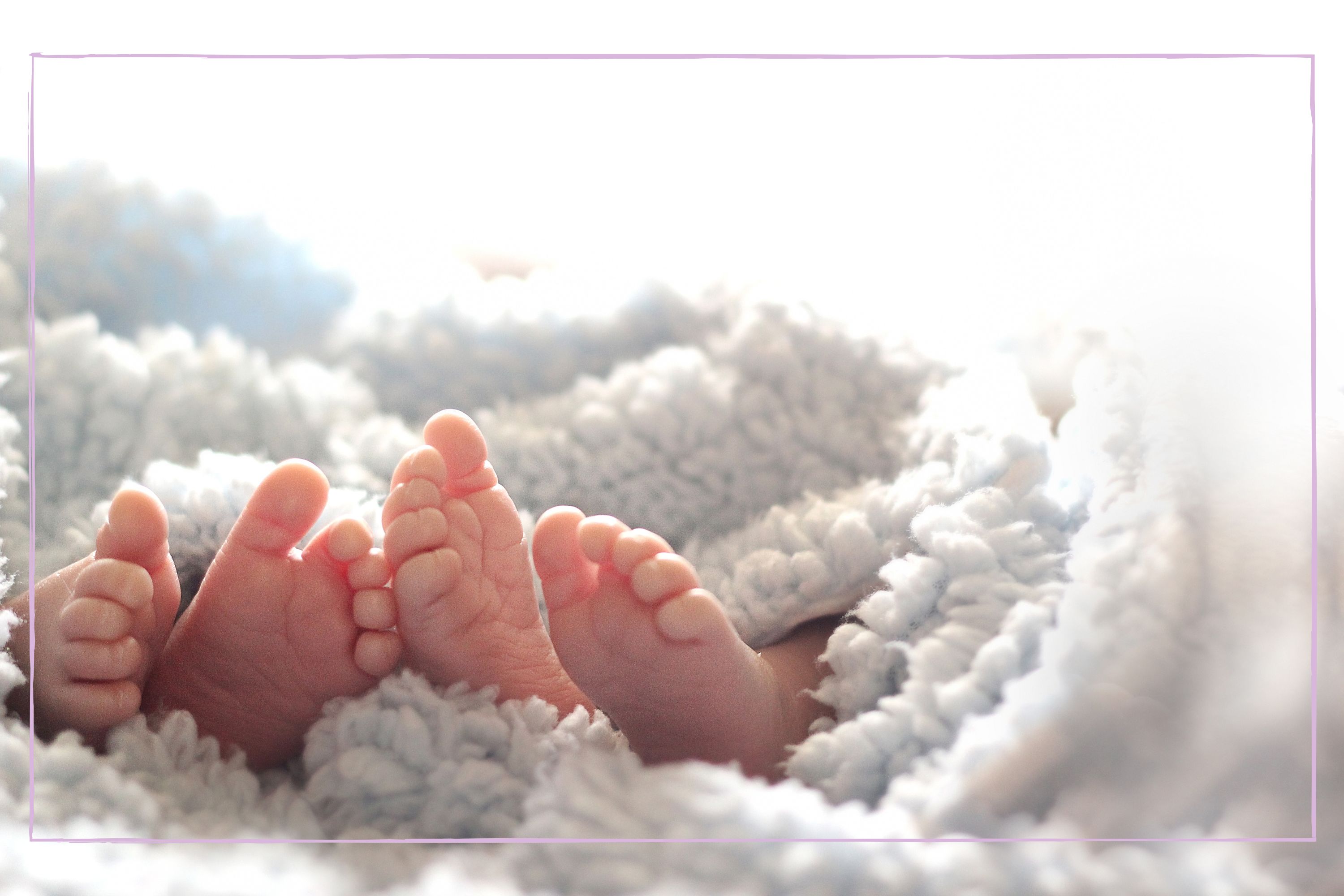Mum-of-four gives birth to twins using 'world's longest frozen embryos'
A mum has given birth to twins using embryos frozen 30 years ago


A mum-of-four has given birth to twins using the world's 'longest frozen embryos', preserved 30 years ago.
Rachel Ridgeway and her partner Timothy wanted to have more children and when they welcomed their twins on October 31st this year, little did they realise that their babies would potentially become 'world record' makers - as the embryos they grew from were frozen 30 years ago - on April 22, 1992 in -200C liquid nitrogen before being transferred into Rachel at a clinic in Knoxville, USA.
According to the National Embryo Donation Center, the embryos are the longest-frozen embryos to ever result in a live birth.
Speaking about the rare feat, Timothy told, CNN, "There is something mind-boggling about it. I was five years old when God gave life to Lydia and Timothy, and he’s been preserving that life ever since."
Lydia was born weighing 5lbs. 11oz and Timothy was 6lbs. 7oz.
He added, "We weren’t looking to get the embryos that have been frozen the longest in the world. We just wanted the ones that had been waiting the longest."
"They were good-size babies,” Rachel said, “It really is God’s grace because he has just sustained us each step of the way."
Parenting advice, hot topics, best buys and family finance tips delivered straight to your inbox.
The couple have four other children, aged eight, six, three and two - but none were conceived by IVF, and their latest embryo donation success makes them parents to six.
However, the scientific success cannot be formally recognised as a record as the US Centers for Disease Control and Prevention doesn't track how long embryos have been frozen among their data. Although, despite this there is no evidence of an older embryo being used in a successful birth.
It's understood that the embryo's were created for an anonymous married couple but they were later donated to the National Embryo Donation Center in Knoxville, Tennessee, in hopes another couple might be able to use them.
But instead of being considered for embryos meant for another couple, the Ridgeways asked for 'special consideration' - meaning it had been hard to find recipients for the embryos.
A total of five embryos were donated to the couple but only three were viable and two of which resulted in successful live births for the couple - something which around 25-40% of frozen embryos result in.

Selina is a Senior Family Writer for GoodtoKnow and has more than 16 years years of experience. She specialises in royal family news, including the latest activities of Prince George, Charlotte, Louis, Archie and Lilibet. She also covers the latest government, health and charity advice for families. Selina graduated from the University of Sheffield in 2006 with a degree in Journalism, and gained her NCTJ and NCE qualifications. During her career, she’s also written for Woman, Woman's Own, Woman&Home, and Woman's Weekly as well as Heat magazine, Bang Showbiz - and the Scunthorpe Telegraph. When she's not covering family news, you can find her exploring new countryside walking routes, catching up with friends over good food, or making memories (including award-winning scarecrows!)